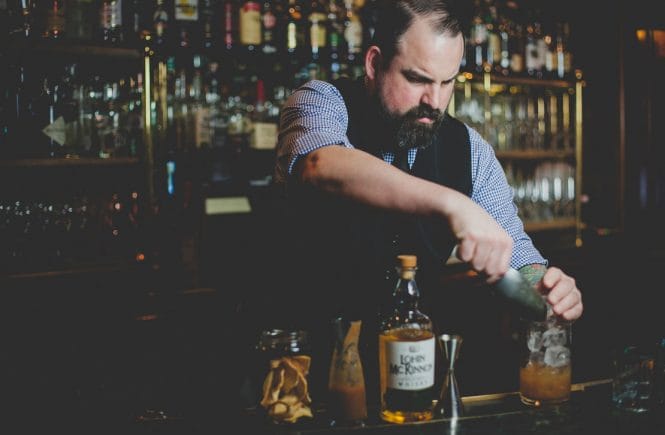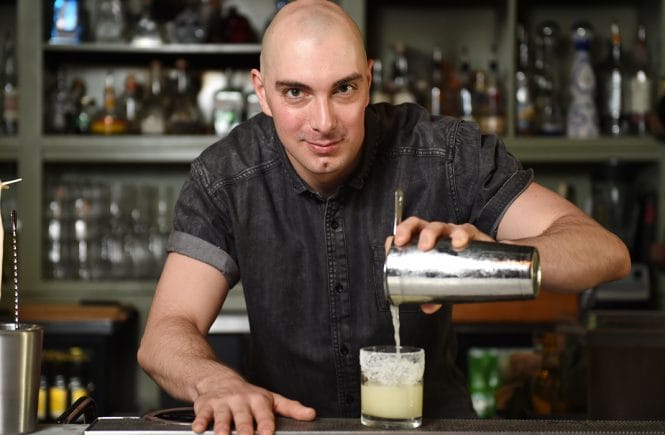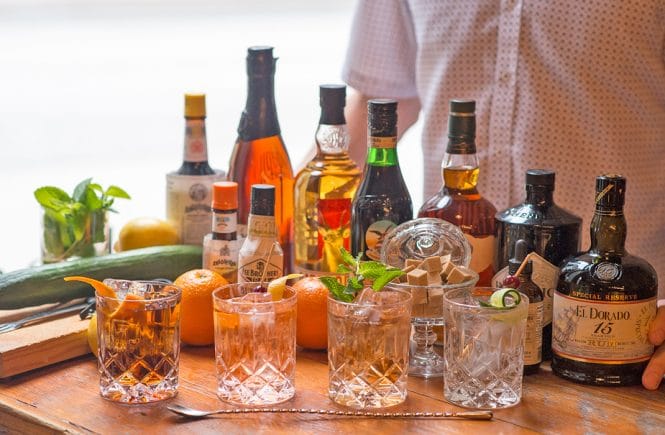The mid-20th century was the best of times, the booziest of times
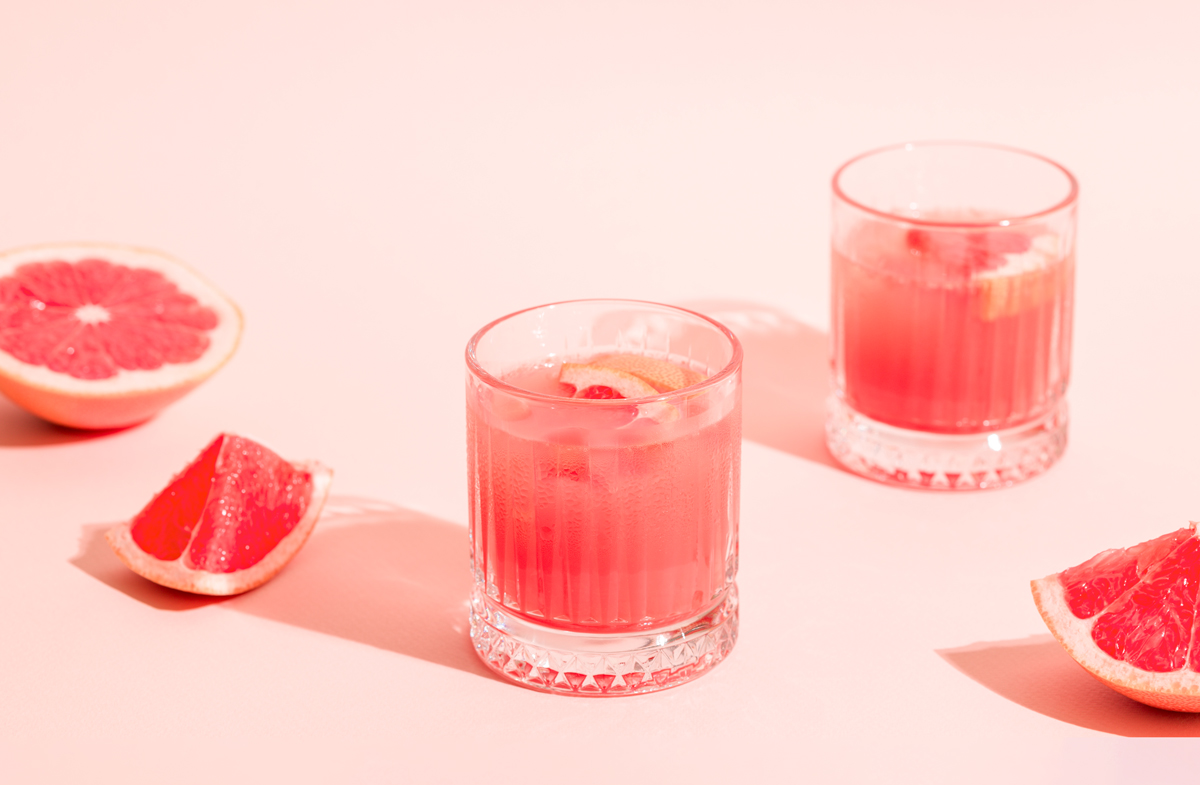
The end of the Second World War ushered in an era of unprecedented prosperity and optimism across North America. The space race was on; so was the baby boom, a housing boom and a technology boom that filled all those new homes with fancy gadgets and their driveways with shiny automobiles. (There was also another, less happy “boom” on people’s minds, a nuclear one.)
And, when workers came home from the office to their tidy, well-appointed suburbs, they’d mix up pitchers of Martinis or Mai Tais to enjoy around their kidney-shaped cocktail tables.
What we think of now as “mid-century” mainly comprises the years from the end of the war in 1945 to the moon landing in 1969. It was an era marked by a sleek, colourful, futuristic style in décor and design that has made a major comeback the last couple of decades; indeed, some could argue that here on the West Coast, mid-century modernism has never really gone away.
But the cocktail culture of that era is a whole different story.
Think of the 1950s and ’60s, and you likely think of either the kind of boozy classics (Martinis, Manhattans, Old Fashioneds) enjoyed by TV’s Mad Men or lushly garnished tropical drinks, and you’d not be wrong.
Many of the most popular cocktails of the mid-20th century were invented much earlier. The Old Fashioned, for instance, was the original bittered sling that dates back to the 1800s, while cocktails like the brandy-and-mint Stinger, once the tipple of 1920s high society, were posh pre-Prohibition drinks that found popularity amid a newly prosperous middle class.
The 1950s and ’60s were not, generally, an era of great cocktail innovation. That said, there were a few influences that changed cocktail culture forever.
One of them was the advent of vodka. It’s been North America’s most popular spirit for such a long time it’s hard to believe that it wasn’t even sold here until the 1930s. It really only hit the mainstream in the early 1960s when a spy named James Bond began ordering his Martinis made with vodka, shaken not stirred. Not only did vodka replace gin in many classics, it begat a whole new cadre of cocktails like the Moscow Mule, Sea Breeze and Greyhound.
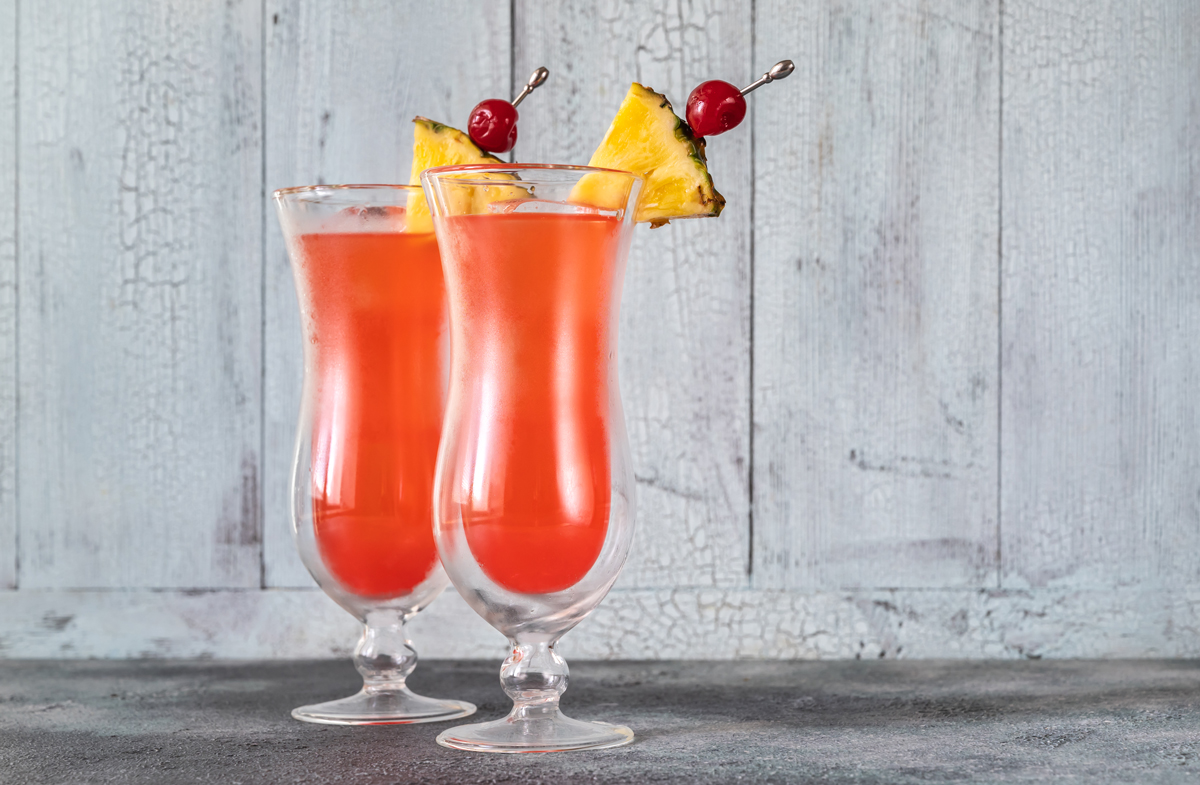
The other major influence was borne on a tropical breeze: tiki culture. In part, the tropical trend was inspired by veterans returning from battle in the South Pacific, but it was also fuelled by a new jet age that put exotic holiday destinations within reach of every middle-class family.
Trader Vic’s, a chain of high-end, Polynesian-inspired restaurants swept the continent (there was famously one at what is now The Westin Bayshore from 1961 to 1996), and was joined by countless imitators serving up Mai Tais, Scorpion bowls, Singapore Slings and similarly fruity, rum-soaked, elaborately garnished drinks. Once considered fancy and exotic, rum punches, Daiquiris, Piña Coladas, Jungle Birds and the like were soon on every bar list across the continent—and served at every frat party and backyard BBQ, too.
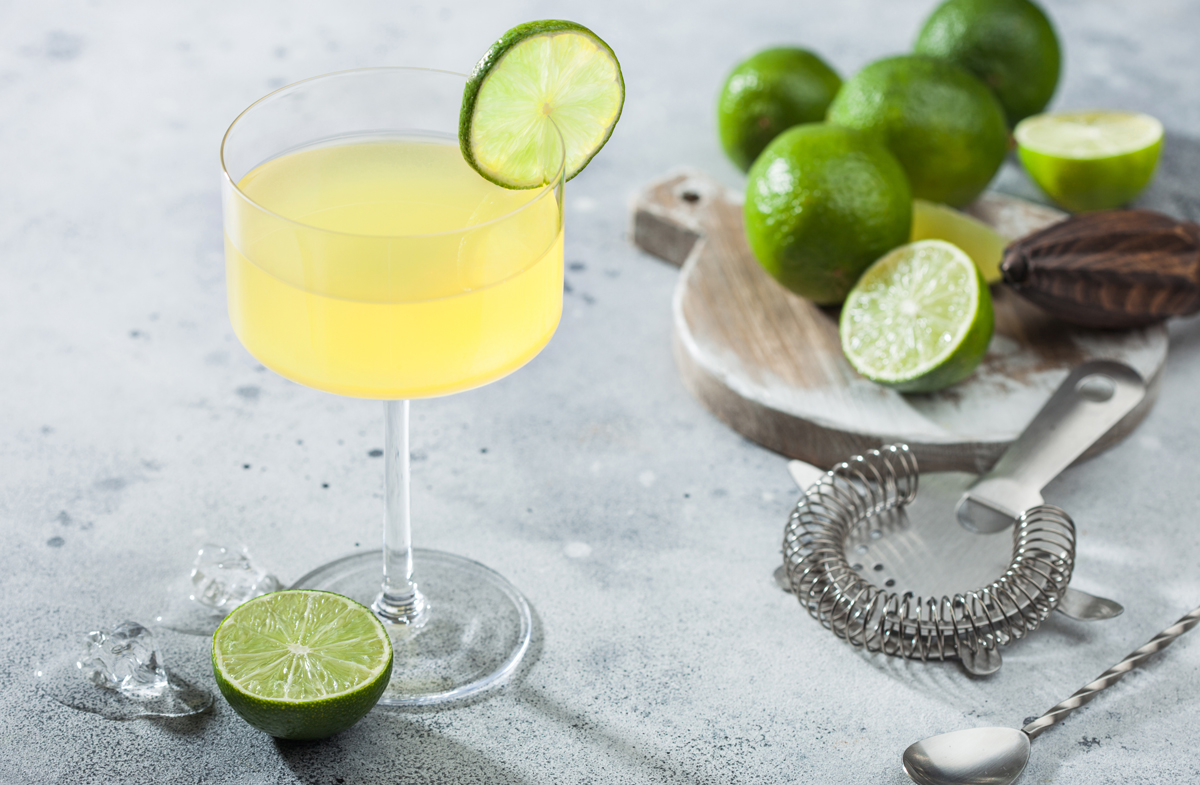
Sadly, though, the quality ingredients needed to make them properly were not always so widely available. Bartenders turned to canned products and used sweeteners to make up for the missing flavour and texture. Too often, drinks that were once elegantly balanced became syrupy sweet; with this as an introduction to cocktails for many people, it’s not surprising they fell out of fashion in the 1970s and ’80s.
But now in the hands of a new generation of bartenders, mid-century classics have been restored to their glamorous origins. So slip on your Ray-Bans, settle into your Eames lounge chair and give these classics another try.
Make these classic cocktails at home:
Greyhound
Singapore Sling
Gimlet, classic and refreshed
—by Joanne Sasvari


